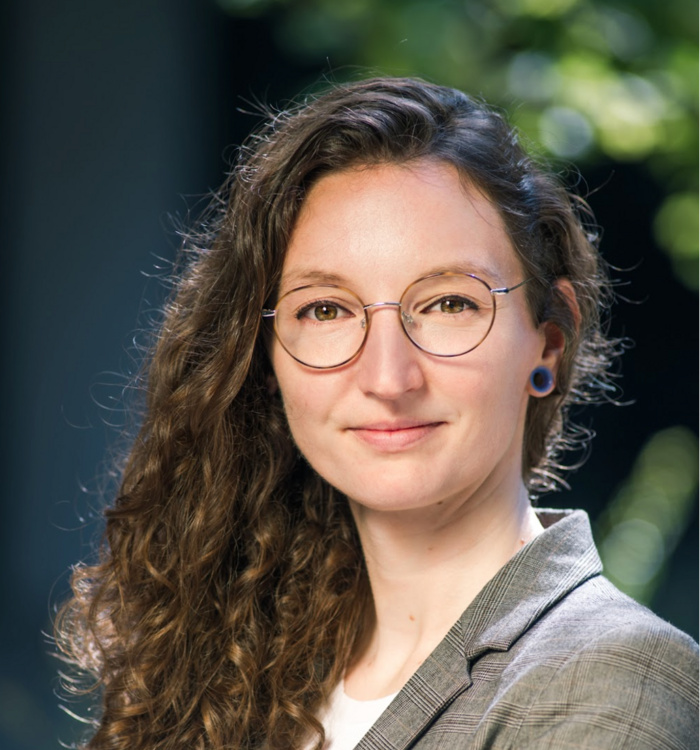
McGovern Institute Special Seminar: Laura Gwilliams
Description
Laura Gwilliams is an Assistant Professor at Stanford University, appointed between the Psychology Department, Wu Tsai Neurosciences Institute and Stanford Data Science. She received her PhD from New York University, advised by David Poeppel and Alec Marantz. Before joining Stanford, Laura was a postdoctoral researcher at UCSF with Edward Chang, where she translated Neuropixels probes for safe use in humans and compared single neuron depth recordings with surface electrocorticography data. Her work has received extensive recognition, including the Cognitive Science Society Glushko Dissertation Prize, the Dissertation Award from the Society for the Neurobiology of Language, the William Orr Dingwall Fellowship, and Trainee Development Awards from the Society for Neuroscience.
Talk Title:
Computational Architecture of Speech Comprehension
Abstract:
Humans understand speech with such speed and accuracy, it belies the complexity of transforming sound into meaning. The goal of my research is to develop a theoretically grounded, biologically constrained and computationally explicit account of how the human brain achieves this feat. In my talk, I will present a series of studies that examine neural responses at different spatial scales: From population ensembles using magnetoencephalography and electrocorticography, to the encoding of speech properties in individual neurons across the cortical depth using Neuropixels probes in humans. The results provide insight into (i) what auditory and linguistic representations serve to bridge between sound and meaning; (ii) what operations reconcile auditory input speed with neural processing time; (iii) how information at different timescales is nested, in time and in space, to allow information exchange across hierarchical structures. My work showcases the utility of combining cognitive science, machine-learning and neuroscience for developing neurally-constrained computational models of spoken language understanding.

